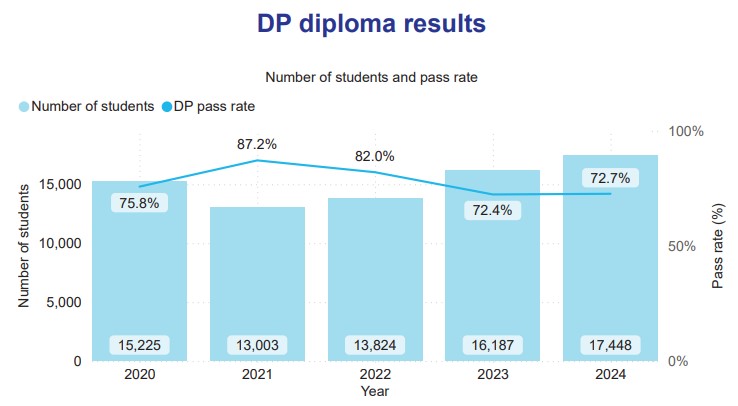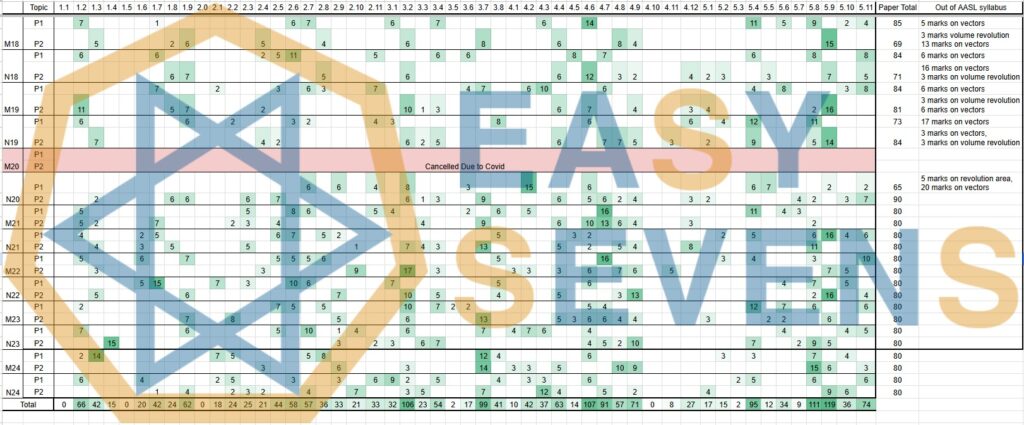As an International Baccalaureate (IB) student, preparing for exams can be a daunting task. With the IB final exams just around the corner and so much content to cover, it’s important to have a clear strategy to maximize your efforts. In this article, our team of IB graduate tutors will share some unique and creative last minute IB exam study tips to help you study effectively and feel confident heading into your IB exams.
Set a clear study schedule
One of the most important things you can do to prepare for your IB exams is to create a study schedule that works for you. This will help you stay organized and disciplined with your time, which is crucial when you’re feeling overwhelmed.
To create a study schedule, start by identifying the subjects you need to study and how much time you have until your exams. Then, break down your study time into manageable chunks, such as 30-minute or one-hour intervals. Finally, assign specific topics or tasks to each study session.
It’s also important to build in breaks and prioritize self-care, especially during the stressful exam season. Exercise, mindfulness, and spending time with friends and family can help you stay focused and motivated.
Use the IB’s official subject guides
The second last minute IB exam study tip is to use IB’s official subject guides as they are a valuable resource when preparing for exams. These guides provide a clear outline of what you need to know and are broken down into topics and subtopics, making it easy to ensure you cover all the necessary material.
When using the subject guides, start by reviewing the syllabus for each subject to get an overview of what will be covered on the exam. Then, use the topic and subtopic breakdown to identify any areas where you need to focus your studying.
Make use of past papers and mark schemes
The next tip from our list of IB exam study tips is to use past papers and mark schemes. They are another valuable resource when preparing for IB exams. These materials can help you familiarize yourself with the exam format and types of questions that may appear, as well as identify any areas where you need to improve.
To use past papers effectively, start by timing yourself when answering practice questions to get a feel for how long each section should take. Then, review the mark schemes to identify any mistakes or areas where you need to improve. Finally, use your mistakes as a learning opportunity by reviewing the relevant content and practicing similar questions until you feel confident.
Practice active recall
Active recall is a technique that involves actively testing yourself to improve your memory retention. This can include creating flashcards, taking quizzes, or explaining concepts to a study partner.
To practice active recall effectively, start by reviewing your notes and highlighting key concepts, formulas, and vocabulary words. Then, use these highlights to create flashcards or quizzes that test your understanding of the material. Finally, practice explaining concepts to a study partner or writing out explanations in your own words to reinforce your understanding.
Use online resources
In addition to the IB’s official subject guides and past papers, there are many online resources that can help you supplement your learning and gain a deeper understanding of difficult topics. These resources include IB-approved textbooks, revision websites, and YouTube channels.
To use online resources effectively, start by identifying areas where you need extra help or clarification. Then, search for resources that cover those topics in-depth and use them to supplement your studying. It’s important to be discerning when selecting online resources, as not all sources are created equal. Look for resources that are reputable, accurate, and well-reviewed by other students or teachers.
Don’t be afraid to ask for help
Finally, it’s important to remember that it’s okay to ask for help when you need it. This can include seeking guidance from teachers, tutors, or fellow students. Remember, everyone struggles at times, and there’s no shame in asking for support.
When asking for help, be specific about the areas where you need assistance
Practice time management
One of the biggest challenges students face during the IB exam season is time management. With multiple exams to prepare for, it’s essential to use your time effectively to cover all the necessary material. To do this, it’s helpful to time yourself when answering practice questions to get a feel for how long each section should take. This will allow you to pace yourself during the actual exam and ensure that you have enough time to complete all the questions.
Get a good night’s sleep and eat a healthy breakfast on the day of the exam
Last but not least, it’s essential to take care of yourself physically and mentally during the exam season. Getting a good night’s sleep before the exam is crucial to ensure that you’re alert and focused during the test. Additionally, eating a healthy breakfast on the day of the exam will provide you with the energy you need to perform your best.
Conclusion
Preparing for IB exams can be challenging, but by following these last minute IB exam study tips, you can increase your chances of success. Remember to set a clear study schedule, use the IB’s official subject guides, practice active recall, take advantage of online resources, and prioritize self-care. Additionally, practice time management, get a good night’s sleep, and eat a healthy breakfast on the day of the exam to ensure that you’re ready to perform your best.
Good luck, and remember to stay positive and focused!
FAQ
Q: What are some common mistakes students make when studying for IB exams?
A: One of the most common mistakes students make is waiting until the last minute to start studying. This can lead to cramming, which can be ineffective and stressful. Additionally, some students may focus too much on memorization rather than understanding the concepts, which can hinder their ability to apply the material to different scenarios.
Q: How can I stay motivated during the IB exam season?
A: It’s important to set realistic goals for yourself and celebrate your successes along the way. Additionally, it can be helpful to break up your study sessions into shorter, manageable chunks and take regular breaks to prevent burnout. Finally, try to stay positive and remember that the hard work you’re putting in now will pay off in the long run.
Q: What should I do if I’m struggling with a particular subject?
A: Don’t be afraid to seek help from your teachers, tutors, or classmates. Additionally, try to identify the areas where you feel less confident and prioritize studying those topics. Finally, make use of online resources such as IB-approved textbooks, revision websites, and YouTube channels to supplement your learning and gain a deeper understanding of difficult topics.




